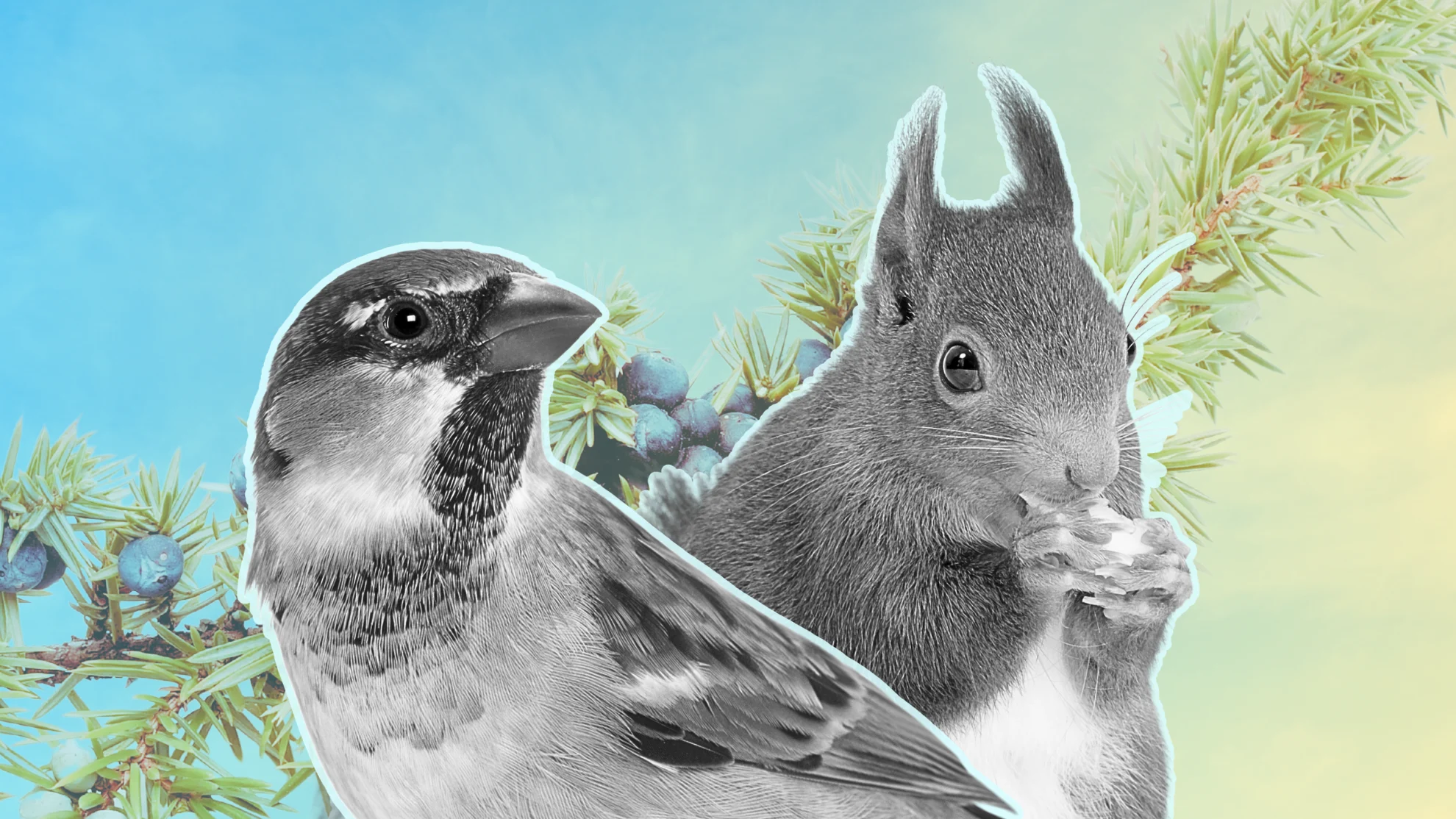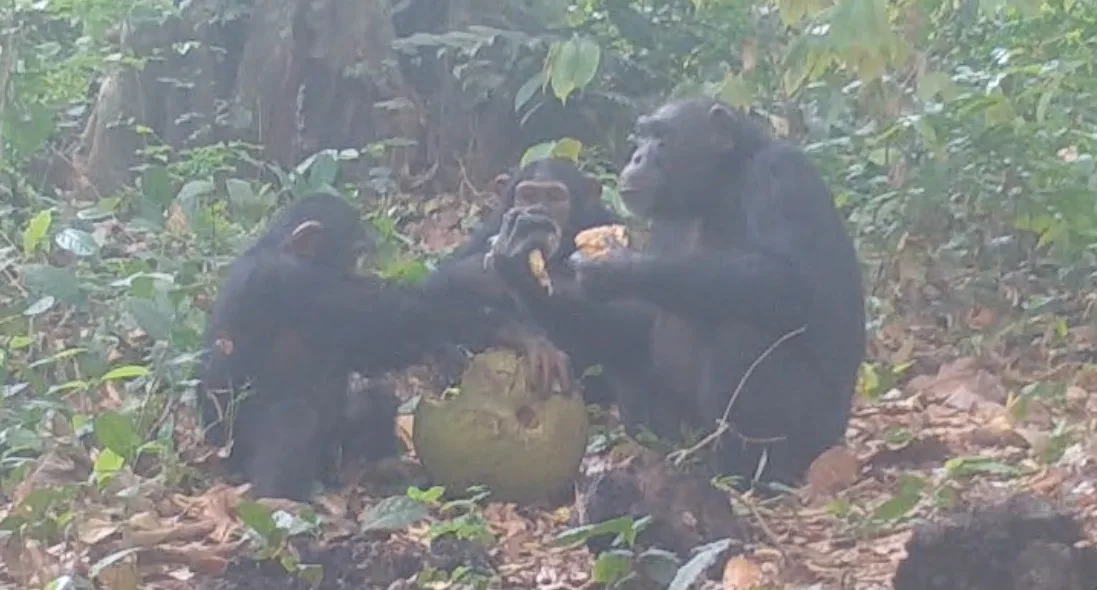
Nature's spring break: Why some birds may be flying sideways this time of year
The right weather conditions can create a boozy buffet for woodland creatures.
Have you ever spotted a bird flying erratically? It might not be disoriented—it could be intoxicated.
As the first frost hits, fruit clinging to trees sometimes ferments, creating an open bar for woodland creatures.
This can happen in fall, but it's most common in spring, where temperature swings can cause multiple freeze-thaw cycles, it's also been known to happen in the fall.
Some species of waxwing birds and the American robin are the most likely to overindulge in boozy fruits, but they aren't alone. Squirrels, deer, and bears have also been known to partake.
Some years, the problem is so widespread that authorities have had to step in.
In the Yukon, it's most common to see wobbly Bohemian waxwings in February. In the past, officials have set up special 'drunk tanks' where inebriated birds can sober up safely. In 2015, an official told the CBC that the tanks were modified hamster cages. Once the birds recover, they're released back into the wild.
But it isn't all fun and games. Intoxicated animals are likelier to crash into obstacles, like windows and buildings. It also makes them more susceptible to predators, and they've been known to fall from trees in a stupor, which can cause injury or worse.
If you have a lot of fruit trees on your property, you can help birds by placing decals on your windows, and if you spot a bird that appears intoxicated, contact your local wildlife rehabilitator for advice.
Apes do it, too
In April 2025, researchers from the University of Exeter published a study in which they captured images of wild chimpanzees sharing boozy fruit in Guinea-Bissau's Cantanhez National Park.
It's the first time this type of interaction has been photographed, the study's authors say.

Chimpanzees sharing boozy fruit. (Anna Bowland / Cantanhez Chimpanzee Project / University of Exeter)
The footage shows the chimps sharing fermented African breadfruit. Now, researchers are trying to find out why.
"For humans, we know that drinking alcohol leads to a release of dopamine and endorphins, and resulting feelings of happiness and relaxation," Anna Bowland from the Centre for Ecology and Conservation at Exeter's Penryn Campus in Cornwall says in a statement.
"We also know that sharing alcohol -- including through traditions such as feasting -- helps to form and strengthen social bonds.
"So -- now we know that wild chimpanzees are eating and sharing ethanolic fruits -- the question is: could they be getting similar benefits?"
The paper appears in the journal Current Biology.
Header image: Cheryl Santa Maria for The Weather Network/Canva Pro.
